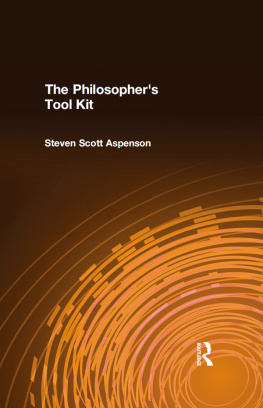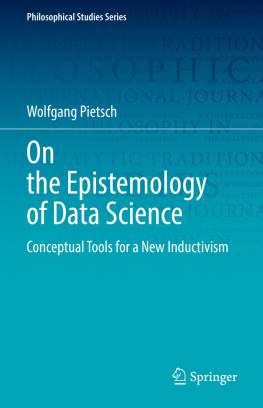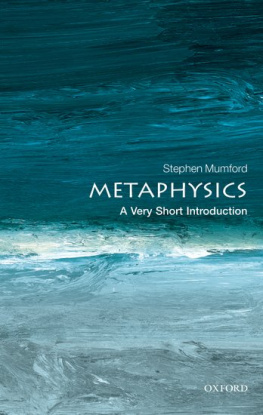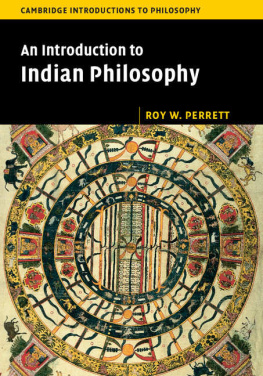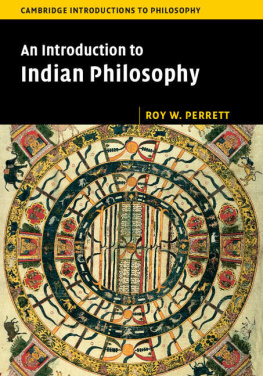First published 1998 by M.E. Sharpe
Published 2015 by Routledge
2 Park Square, Milton Park, Abingdon, Oxon OX14 4RN
711 Third Avenue, New York, NY 10017, USA
Routledge is an imprint of the Taylor & Francis Group, an informa business
Copyright 1998 Taylor & Francis. All rights reserved.
No part of this book may be reprinted or reproduced or utilised in any form or by any electronic, mechanical, or other means, now known or hereafter invented, including photocopying and recording, or in any information storage or retrieval system, without permission in writing from the publishers.
Notices
No responsibility is assumed by the publisher for any injury and/or damage to persons or property as a matter of products liability, negligence or otherwise, or from any use of operation of any methods, products, instructions or ideas contained in the material herein.
Practitioners and researchers must always rely on their own experience and knowledge in evaluating and using any information, methods, compounds, or experiments described herein. In using such information or methods they should be mindful of their own safety and the safety of others, including parties for whom they have a professional responsibility.
Product or corporate names may be trademarks or registered trademarks, and are used only for identification and explanation without intent to infringe.
Library of Congress Cataloging-in-Publication Data
Aspenson, Steven Scott, 1961-
The philosophers tool kit / Steven Scott Aspenson.
p. cm.
Includes bibliographical references and index.
ISBN 0-7656-0217-2 (alk. paper). ISBN 07656-0218-0 (pbk.: alk. paper)
1. PhilosophyIntroductions. I. Title.
BD21.A86 1997
101DC21 97-16070
CIP
ISBN 13: 9780765602183 (pbk)
ISBN 13: 9780765602176 (hbk)
I intend that this book supplement philosophy course work at both the undergraduate and graduate levels. During my graduate studies it was a frustration to me that philosophys conceptual mainstays, the notions of substance, internal and external relation, category, definition, a priori knowledge, principle, axiom, and so on, were nowhere collected together and explained in a single workand discussion of those notions with faculty and other graduate students usually left me worrying that something had been left out. This book is my effort at a remedy.
Dictionaries and glossaries of introductory texts often provide difficult or misleading definitions by failing to provide a useful context. Recent philosophy of language suggests that this shortcoming, the failure to provide context for philosophys conventional notions, may render even accurate definitions useless for grasping the meanings of terms. It also makes the definitions difficult to remember. I have tried to improve on dictionaries in two ways: first, I provide the required context by chapter, which provides perspective and a framework for understanding, and second, I provide illustrative definitions.
I have also tried to strike a balance between accuracy and clarity. An accurate rendering of a notion often presupposes a rather large understanding of context, and so is unclear; a rendering that is clear to the student is often misleading. While I do not think this book will make philosophy easy for beginners, I do think it will make misunderstanding much easier to avoid.
I want to acknowledge my debt to an excellent philosopher, Eric Hockett, foremost, for his many insightful comments on drafts of this book. And to Professor Richard Fumerton, at the University of Iowa, who helped me avoid a number of errors in . Actually, it was Richards example that inspired this book in the first place. When I began studying, he was choosing up teams for a football game on Union Field, dividing us into Theists and Atheists. Spinning the ball, he asked me,are you a theist or an atheist? Not to give myself away, I said, Im not sure. He responded, Well, do you think there are universals? I squinted at him and said yes. Youre a theist, he said, get over there.
It struck me then, and I learned it was common praise among the other graduate students, that Richard had a particularly refined flowchart of principles in his mind that allowed him to tell where a view would go, given certain fundamental commitments. Writing this book began as an effort to acquire that same virtue.
I would be remiss, in this context, not to mention Professor Ron Glass, at the University of WisconsinLa Crosse, who, with a similar virtue, helped me with practically every important philosophical view Ive tried to develop. I can only guess what sort of sad understanding of philosophy Id have without his help.
Finally, I want to thank Professor Tom Sullivan, at the University of St. Thomas, St. Paul, for his scholarly comments on the first chapter. His comments remind me that, in my effort not to write beyond my skill, I have not pursued every piece of advice from any of the contributors mentioned here, and wish to convey to the reader that any inaccuracies, I am certain, are due to my own failings.
There has been a slow and sporadic increase and refinement in the philosophers conceptual resources throughout the history of philosophy. Characterized as an a priori discipline, philosophy makes its progress by employing what now have become tried-and-true tools of thought, tools of the trade if you will. This book is an effort, in a short space, to introduce those tools and illustrate their common uses. Supplying an exhaustive account of the tools philosophers have employed to date would be an ambitious and perhaps unnecessary effort; but rendering the most popular and practical of those tools accessible to beginning and intermediate students of philosophy would not.
What follows is something like a lab manual used in a natural science course. But while lab manuals teach students to use tools prebuilt and waiting in the laboratory (Bunsen burners, petri dishes, star globes, and so on), this manual requires that students make their own tools. Not to worry, constructing those tools requires no preexisting material beyond an attentive mind and experience of the world common to most of us at about age five.
I should say just a few words about philosophy in general. Philosophers have found that efforts to advance knowledge about reality sort naturally into two very general kinds of studiesthe two most noteworthy areas of philosophy. The first, sometimes called first philosophy, is Metaphysicsthe study of the basic nature of reality. And, as one might expect, stubborn questions about reality naturally lead to the second study, Epistemologythe exploration of our abilities to know various things or to arrive at justified beliefs about them.
Understanding and using the tools presented in this book requires some context. Familiarity with the enduring themes of philosophy is crucial for beginning students of philosophy to grasp fully the technical terms and other devices that make up the tools philosophers employ. The following chapters, then, are interwoven to form a sketch of current academic philosophical enterprise. focuses on metaphysics and the tools philosophers rely on most frequently in clarifying its issues and in attempting to identify and solve its problems. Chapters 2 and 3 focus on epistemological tools, chapter 4 on tools of philosophical analysis, and the last chapter on tools related to philosophical writing.


